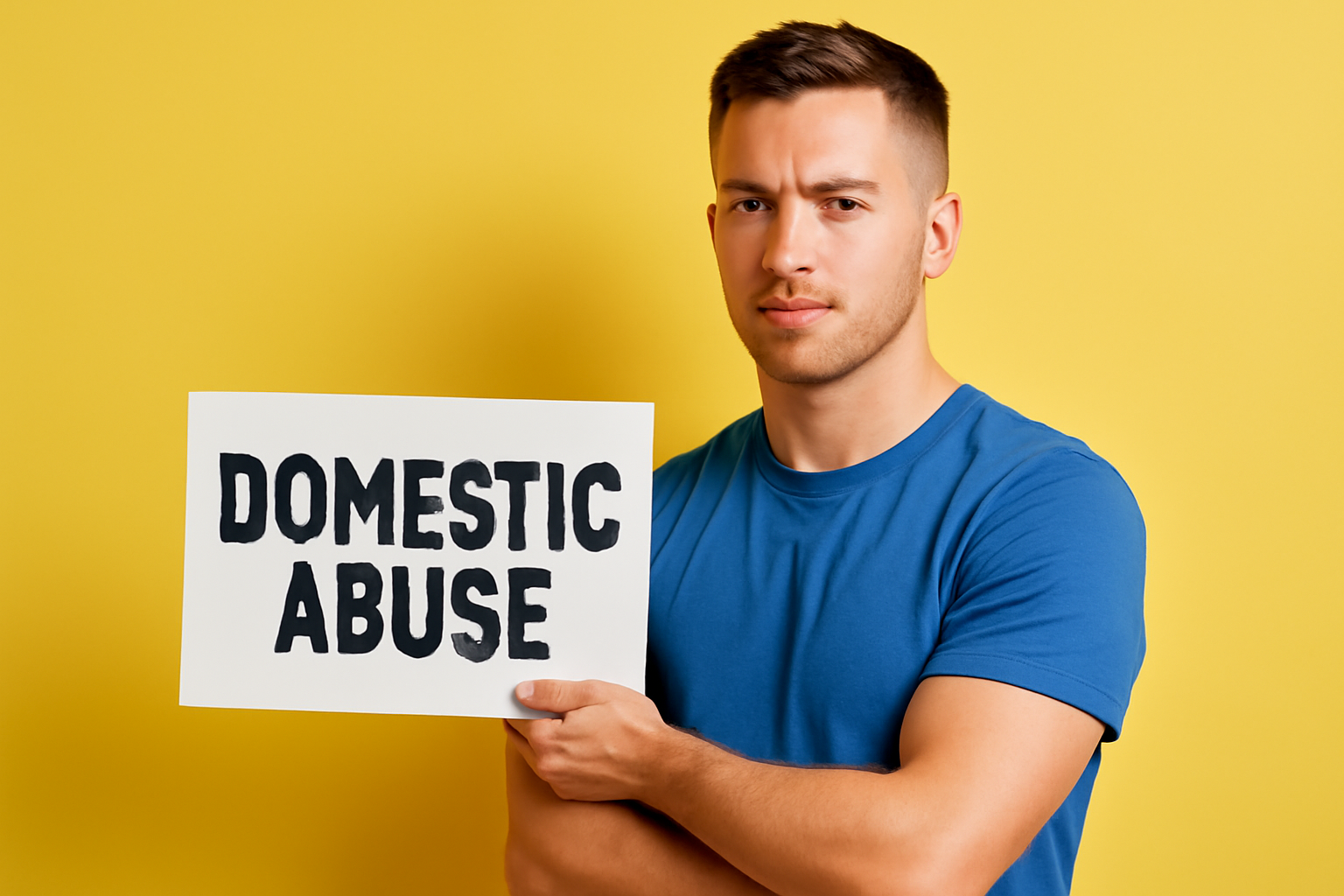
OnlyFans Creator Dropped from Campaign Amid Concerns Over Content
An OnlyFans and TikTok content creator, known for his work within the LGBTQ+ community, has been removed from a domestic abuse awareness campaign by Police Scotland. The decision follows concerns raised about the creator’s content, which often features themes of S&M and bondage.
Domestic Abuse Awareness Campaign
The campaign, designed to address domestic abuse within the LGBTQ+ community, aims to highlight how controlling behavior can transform a loving relationship into an abusive one. Police Scotland had initially featured the creator in their campaign, which was actively promoted across social media platforms.
However, upon learning about the creator’s OnlyFans content, which includes explicit dom-sub and bondage-themed videos, the police force decided to withdraw their involvement. A spokesperson for Police Scotland explained their decision, emphasizing the need for appropriate vetting processes.
"We were made aware of an issue with our most recent domestic abuse advert, which was removed immediately as these concerns were reviewed," the spokesperson stated. "Proportionate checks were carried out in advance, but following this situation, we have implemented an additional level of vetting for future campaigns."
Creator’s Response
The creator, who identifies as a "kink creator," responded to the removal by expressing disappointment over the decision. He confirmed that all actions depicted in his videos are consensual and voiced his perspective on social media.
In a post that has since been deleted, the creator wrote, "The only person losing out here is me because I'm now only getting about a quarter of the money I was owed." He highlighted the oversight in the vetting process, pointing out how links to his content were easily accessible.
In an interview with a local news outlet, the creator argued that his experience in the adult industry actually positions him as a knowledgeable advocate for issues surrounding consent. "Since the ‘news’ broke about this, the only people who seem to be bothered by this ‘mistake’ are Police Scotland," he explained. "I've had floods of people contacting me showing their support and wondering why a ‘sex worker’ can't advocate against domestic abuse?"
Consent and Advocacy
The creator raised important questions about the role of sex workers in advocacy, particularly when it comes to understanding consent. "I'm more concerned with Police Scotland's reaction considering the fact that out of the majority of people out there, wouldn't a sex worker be the best person to know the difference between consent and non-consent?" he asked. "I make my living entirely on that point after all."
This incident raises broader discussions within the community about who is deemed suitable to participate in advocacy campaigns, especially those that tackle sensitive issues like domestic abuse. The creator’s experience highlights the nuanced understanding of consent that individuals in the adult industry often possess, which can be valuable in such discussions.
Broader Context
The controversy comes in the wake of significant advancements for the LGBTQ+ community, including the recent opening of the UK’s first national domestic violence refuge for trans and non-binary adults. The Loving Me project provides emergency accommodation for victims who identify as trans, non-binary, or are gender questioning, offering a safe space for those in need.
This development signifies a growing recognition of the unique challenges faced by the LGBTQ+ community, particularly in relation to domestic abuse. As more initiatives are launched to support diverse communities, the need for inclusive and representative voices in campaigns becomes increasingly critical.
The creator’s situation serves as a reminder of the complexities involved in vetting and selecting individuals for public campaigns. It also underscores the importance of having open discussions about who is best suited to advocate for specific causes, especially those that require a deep understanding of consent and bodily autonomy.
Moving forward, it is essential for organizations to carefully consider the voices they amplify in their campaigns, ensuring that they are inclusive and reflective of the communities they aim to serve. This approach not only strengthens the impact of advocacy efforts but also fosters a sense of solidarity and understanding within the broader community.
Related Posts
Triumphant Trans Woman Wins Legal Battle and Inspires Others to Stand Up for Their Rights
Breaking new ground: a landmark victory in transgender rights After battling in courtrooms and enduring endless challenges, Diana Portillo, a transgender woman, has secured a monumental victory in her decade-long fight against workplace discrimination. The result? Nearly $1 million awarded in a historic settlement. But this isn't just a win on paper—it represents a powerful precedent in combati [...]
Pride Month in Latin America: Protests and Demands for Equality
**Celebrating Pride and advocating LGBTQ+ rights in Latin America** Pride Month in Latin America was a lively mix where celebration met activism. Communities united, not just throwing a party but making a stand—demanding equality and pushing governments toward better protection and rights recognition. Throughout Latin America, pride events erupted in marches and cultural displays, each with a c [...]
Transgender Erasure Actions Implemented by National Park Service
```html Trump administration's impact on national park service and transgender recognition The Trump administration made notable moves in undermining transgender representation, which included directing agencies like National Park Service not include "T" and "Q" when they refered “LGBTQ” in any official communication. This move seems part a broader plan by this administration aimed at reducin [...]